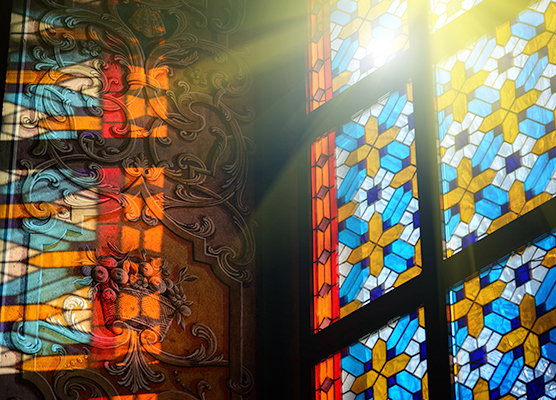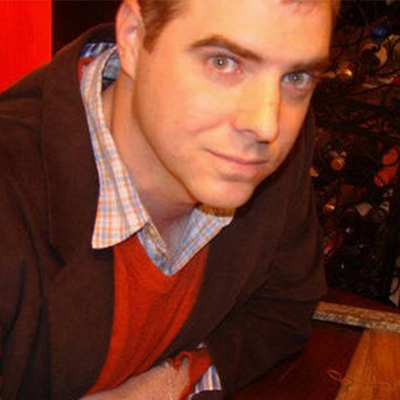
The fastest growing religion in the United States is "no religion." More and more people in the modern world are abandoning traditional institutional religions and taking up alternative ways of making meaning in their lives. These alternatives include health and wellness routines, sports, social justice initiatives, food cultures, meditation and yoga, philanthropy, ethnic and cultural identity memberships, gardening, music, and the like. In this course, we will explore these alternative paths, watch interviews with chefs, philanthropists, wellness experts, sports enthusiasts, as well as explore horticulture, new ascetic movements, and speak with social justice activists. We will ask ourselves, can we be spiritual in a post-religious world and what role can religion still play?
*Academic credit is defined by the University of Pennsylvania as a course unit (c.u.). A course unit (c.u.) is a general measure of academic work over a period of time, typically a term (semester or summer). A c.u. (or a fraction of a c.u.) represents different types of academic work across different types of academic programs and is the basic unit of progress toward a degree. One c.u. is usually converted to a four-semester-hour course.
Instructor
- Edmund J. and Louise W. Kahn Endowed Professor of the Humanities
Justin McDaniel's research foci include Lao, Thai, Pali and Sanskrit literature, art and architecture, and manuscript studies. His first book, Gathering Leaves and Lifting Words, won the Harry Benda Prize. His second book, The Lovelorn Ghost and the Magic Monk, won the Kahin Prize. He has received grants from the NEH, Mellon, Rockefeller, Fulbright, PACRIM, Luce, the SSRC, among… Read more

